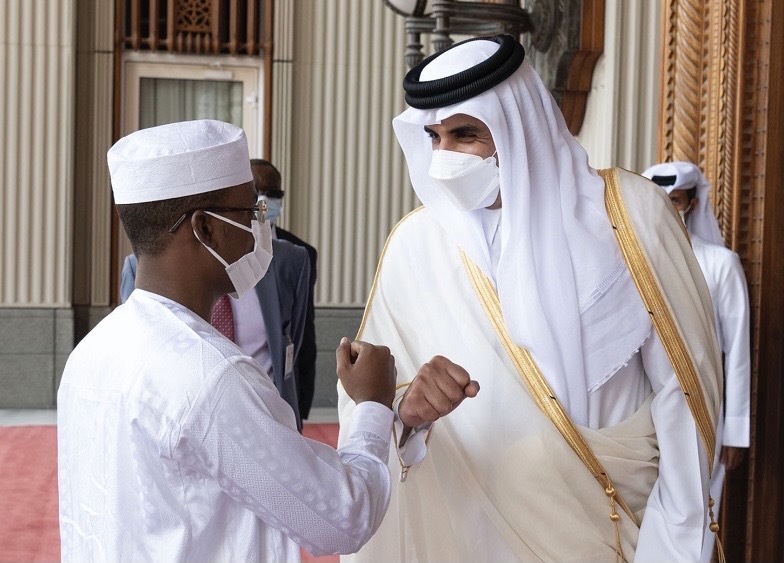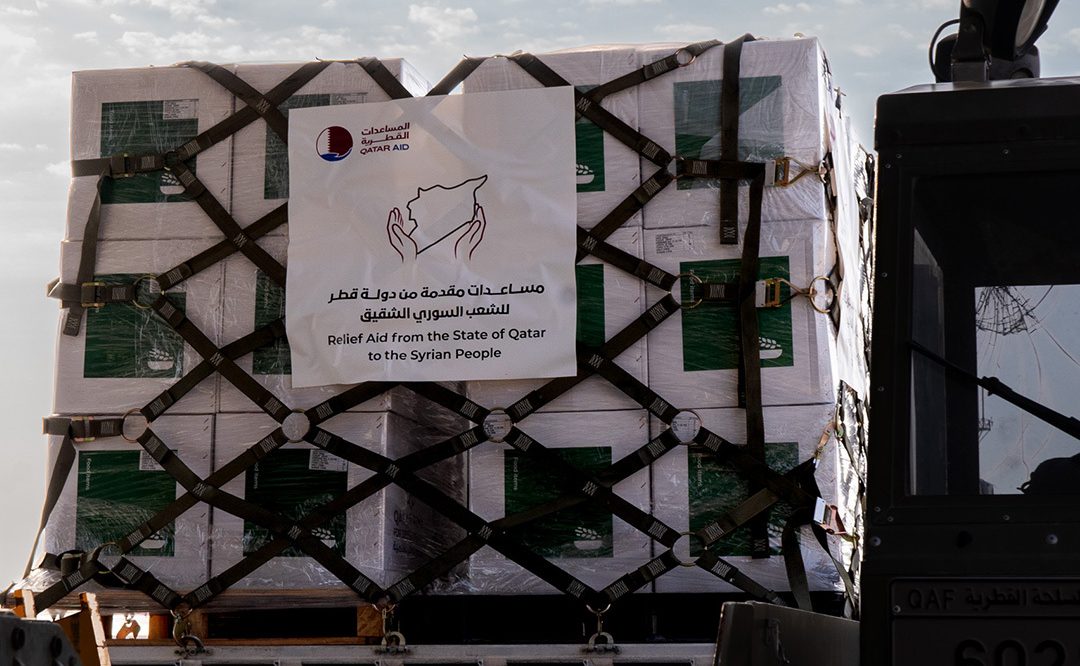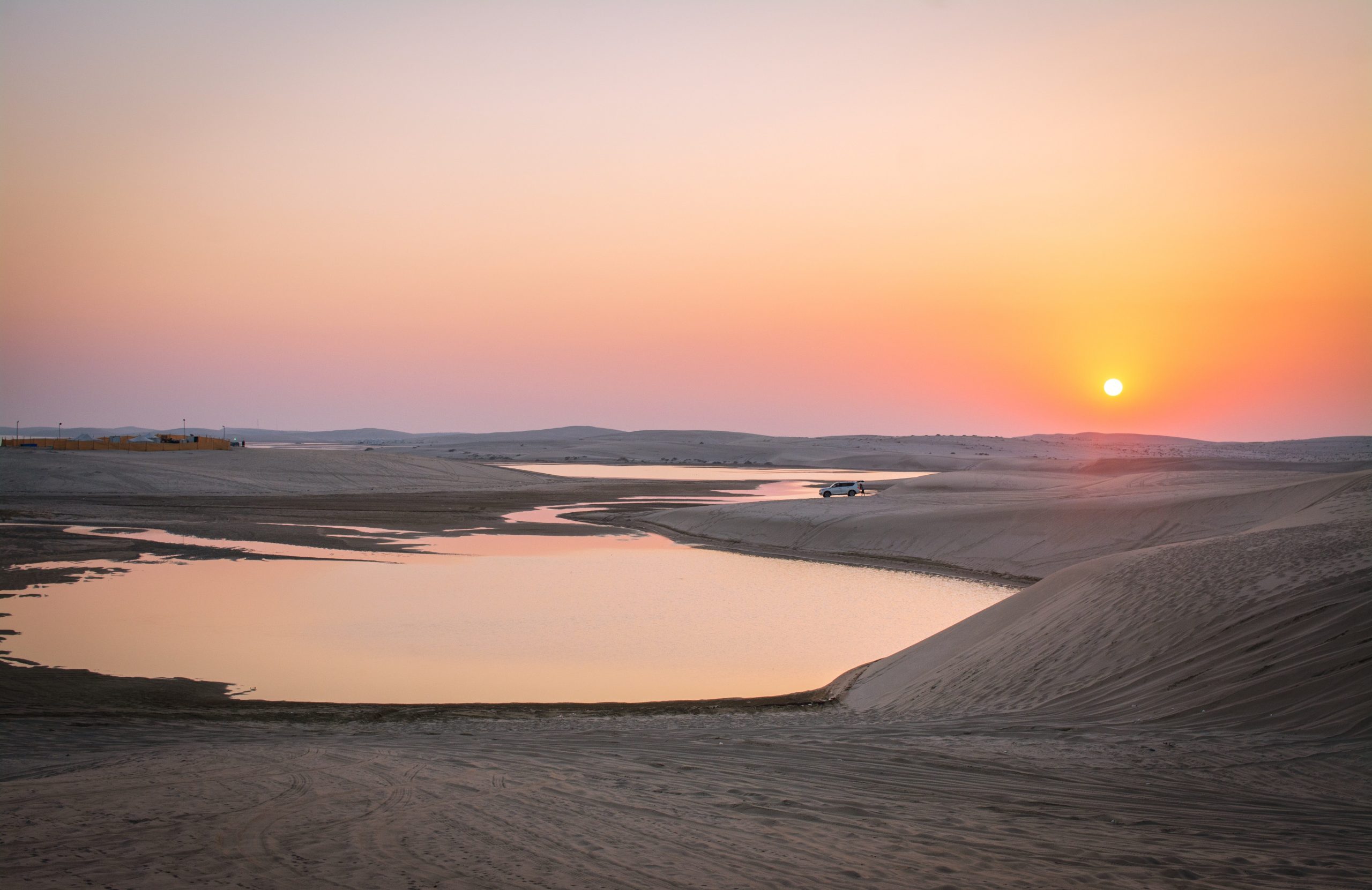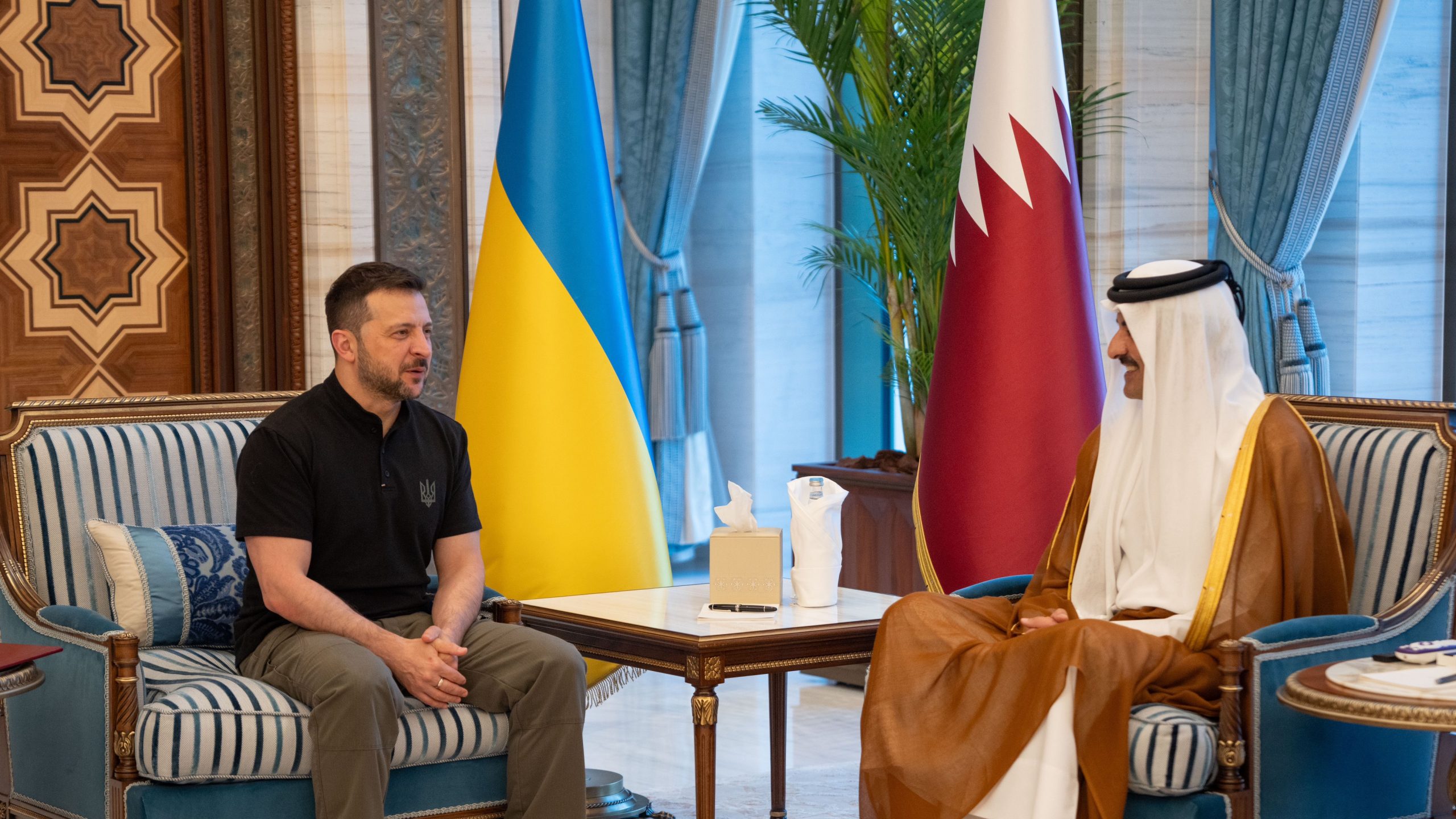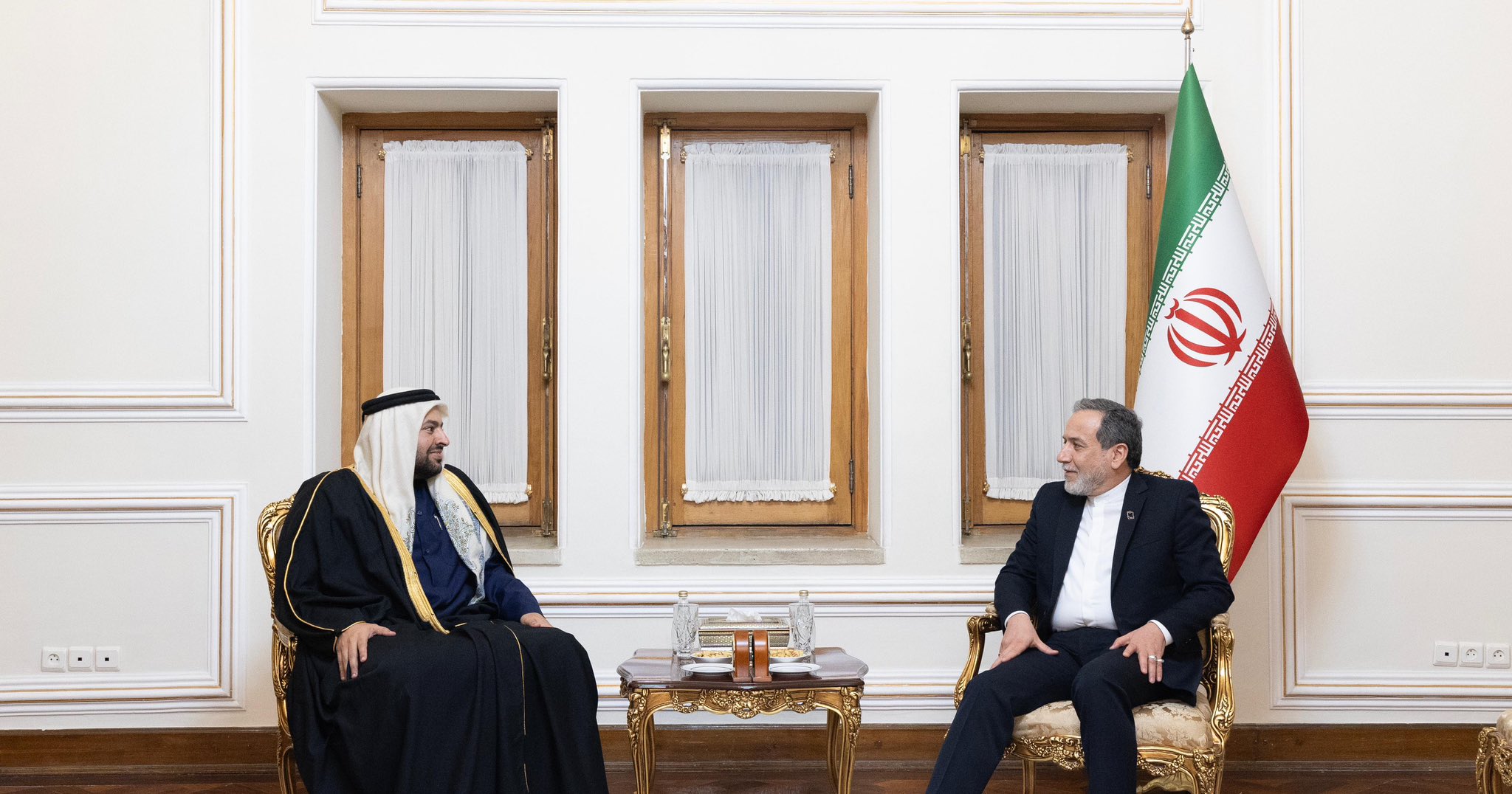Qatar has long mediated between warring factions in different parts of the world.
Inclusive Qatar-facilitated political talks between all Chadian parties have been postponed as preparations have not been completed according to AFP.
The negotiations were initially scheduled to take place on 27 January in Doha after Qatar’s Amir Sheikh Tamim bin Hamad Al Thani had offered his country’s help to all Chadian sides in reaching a political resolution.
The talks aimed to kickstart an “inclusive national dialogue” that would pave the way for elections.
Citing Chad’s government spokesman, a source told Doha News that one reason behind the delay was due to Qatar’s decision to limit the number of groups attending the talks to 12.
The Head of Chad’s Transitional Military Council, Mohamed Idriss Deby, had insisted on committing to his promise to have all 59 members at the negotiations.
Whilst the matter was settled, other logistical issues related to the travel of participants, including those in Libya and Sudan, have contributed to the delay.
Another source with knowledge told Doha News that the discussions remain ongoing to confirm a date for the talks to commence in the Gulf state. The source did not mention details regarding the exact date of the talks.
Qatar’s Deputy Prime Minister and Foreign Minister Sheikh Mohammed bin Abdulrahman Al-Thani had met with his Chadian counterpart Mahamat Zene Cherif in Doha in January.
The meeting between the two officials was the first to take place since an announcement by Deby regarding the negotiations was made. Cherif led the Chadian delegation in Qatar in the preparations stage of the dialogue.
A Chad-based source revealed to Doha News that Cherif and Deby had also met with Qatar’s Foreign Ministry envoy Dr Mutlaq bin Majed Al Qahtani in Paris on 17 February.
Reports claim that Cherif was also on a secret visit to Qatar last week.
A separate delegation held talks in Khartoum in January with armed parties to discuss their participation in the Doha meetings.
The Qatar mediated dialogue would be separate from the national reconciliation talks aimed at restoring civilian rule. The national reconciliation talks were initially set to take place on 15 February, but were also pushed back to May amidst tensions between government and opposition parties.
The national dialogue received the backing of the African Union, European Union, and France.
Chad’s military junta had accused rebel leader Timan Erdimi, of the Union of Resistance Forces, of attempting to disrupt the reconciliation process with the help of Russian mercenaries.
Deby had expected the Qatar talks to result in peace in N’Djamena as well as the disarmament and return of Chadian militants from Libya to their country.
The Doha facilitated negotiations would take place following months of tensions between the Chadian government and armed groups, which intensified following the killing of former President Idriss Deby, on 20 April last year.
Qatar’s mediation efforts
Qatar’s latest mediation role in Chad is set to further improve relations between Doha and N’Djamena after the latter severed diplomatic ties with the Gulf state amid the 2017 GCC crisis.
Chad had accused Qatar of seeking to destabilise the Central African country through its neighbour, Libya. In turn, Doha said N’Djamena was taking part in a “political blackmail against the State of Qatar”.
Qatar’s mediation role in conflict-ridden Chad goes back as far as 2009, when it sponsored the signing of the “Doha Accord”—also known as the “Darfur agreement”— between Khartoum and N’Djamena.
The Doha-facilitated agreement, co-sponsored with Libya, was signed amid tensions between Sudan and Chad in 2008, with both countries accusing one another of supporting insurgent groups and rebel attacks inside their territories.
Beyond Africa, Qatar has a long history of conflict-resolution between warring factions in various parts of the world, most notably its recent role in Afghanistan.
_______________________________________________________________

